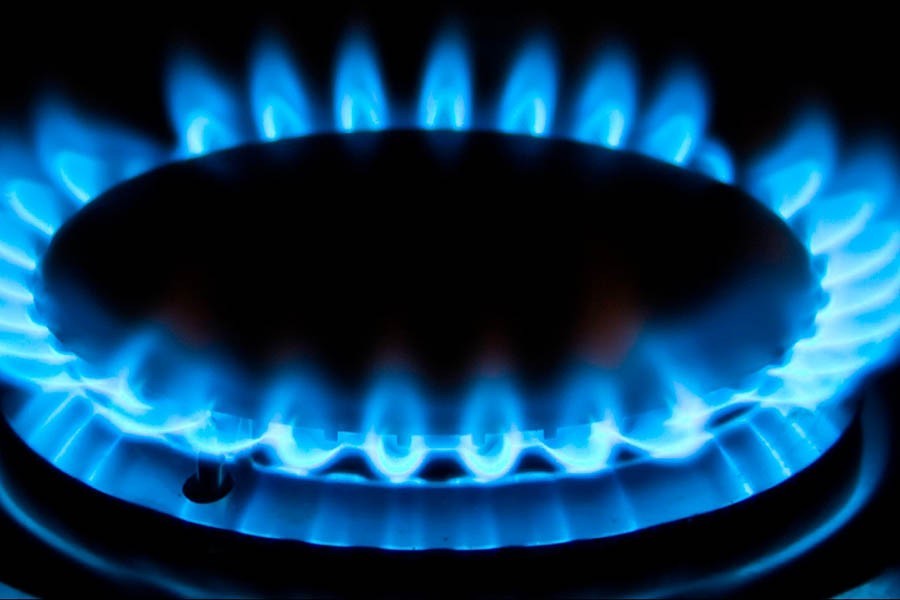The proposal for an increase in gas tariff at varying rates for different consumers has generated sufficient resentment among consumers in general and businesses in particular. Even some limited street protests have already been organised and the alliance of left parties has threatened to enforce daylong shutdown in the event of hike in gas price.
Consumers, including businesses, are now vehemently opposing the proposal for hike in gas prices at rates, ranging between 41 per cent and 208 per cent when the gas sector regulator is holding public hearing on proposals tabled by six gas distribution companies.
Experts, consumer rights organisations, opposition political parties, particularly left-leaning ones, while taking part in the hearing have raised points opposing the gas tariff hike.
It is difficult to presume what would be the outcome of the public hearing. However, the Bangladesh Energy Regulatory Commission (BERC) is certain to make some changes in the proposal before giving its seal of approval.
Consumers are familiar with recurrent hike in gas prices. The gas distribution companies increased gas tariff on six occasions during the past decade. But the hike proposed this time being abnormally high is sure to hurt all types of consumers and destabilise the overall price situation.
In their proposals, the distribution companies have sought 208 per cent hike in gas tariff for power generation companies, 96 per cent for captive power generation, 80 per cent for household burners, 132 per cent for industrial consumers and 41 per cent for commercial users.
The businesses have already expressed deep concern over the proposed hike in gas tariff. According to an estimate, in the event of enforcement of proposed hike in gas tariff, the expenditure on fuel would go up 100 per cent in textile and rerolling mills. Other gas-based industries would be equally hit by the tariff hike.
It is almost certain that gas tariff hike would lead to increase in power rates. The Power Development Board being the largest loss-making state entity is unlikely to wait long for increasing the power tariff in the event of upward revision of gas tariff.
Transport owners will also follow suit. The consequences of transport fare hike are known to all. Thus, any hike in gas tariff will have the potential of pushing the inflation up. Inflation in recent times has been within the targeted level.
In fact, the government had taken a move to raise price hike before the last general election, but it refrained from doing so fearing negative response from electorates.
Lately, the gas distribution companies have come up with proposals for even greater increase in gas tariff. The relevant companies are citing the import of LNG (liquefied natural gas) at high cost as the main reason for going for the tariff hike. The price of per unit of LNG is almost four times the rate of locally produced gas.
There is no denying that there is a mismatch between demand and supply of natural gas and the deficit is hurting industrial production and other economic activities. The authorities have found the solution to the problem in the import of LNG and its supply to the national gas transmission pipeline through expensive re-gasification process.
The increase in gas price has become inevitable because of the addition of LNG. The Petrobangla, reportedly, has defaulted on footing bills of the LNG-exporting firm, at least, on a couple of occasions due to liquidity shortage.
However, there has been a raging debate whether the country could do without LNG import. Experts view LNG as a short-term solution that is not at all popular with most consumers, other stakeholders and experts.
It is widely believed that the financial problem that the government is facing on account of LNG import could be largely solved if it could stop pilferage of gas and other financial irregularities in the gas sector. The failure of the Petrobangla to initiate exploration in potential offshore gas blocks even after resolution of disputes over maritime boundary is also debated by experts in the relevant field.


